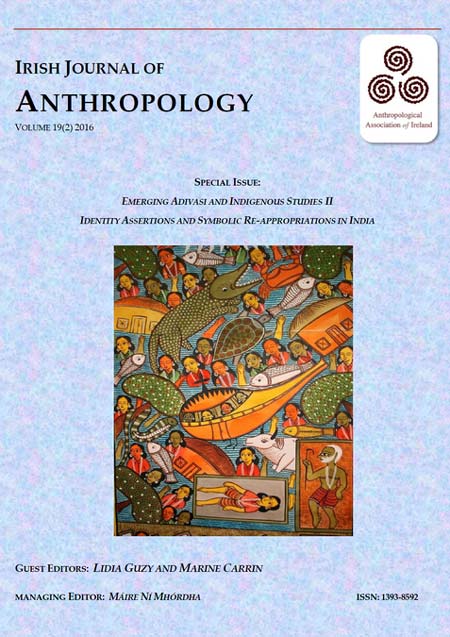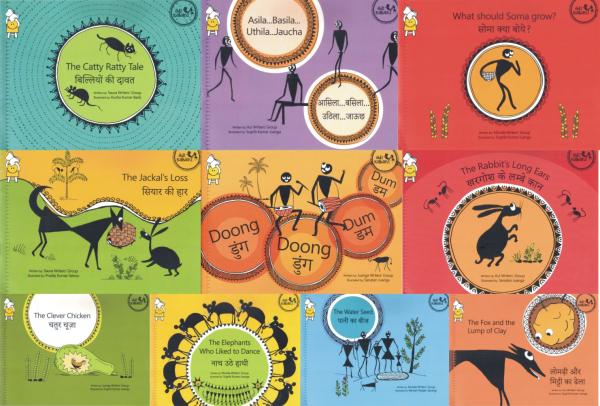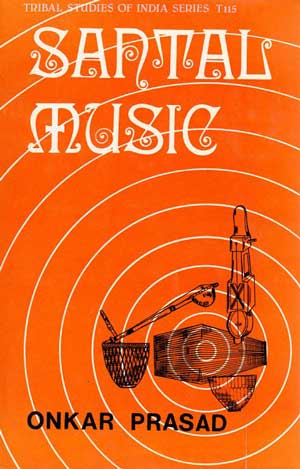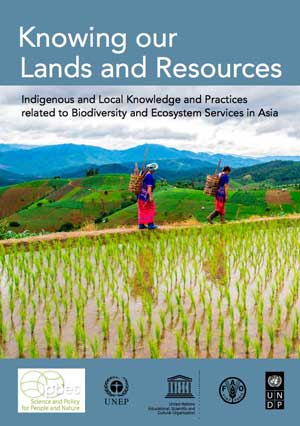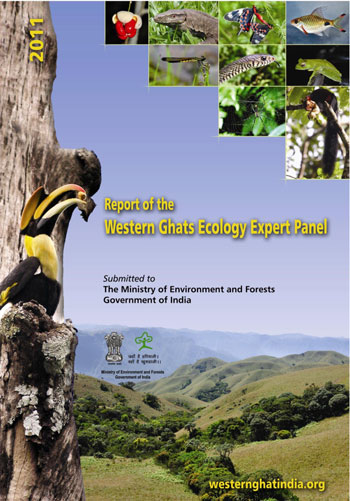Resources for the classroom
eBook & eJournals for online and offline use
Find educational and children’s books on tribal culture published in India
Find scholarly books and fiction relating to tribal culture: Indian publishers
Learning from and about India’s tribal communities, their culture and knowledge systems
UNESCO digital library search (open access): search results for “Adivasi tribal education sustainable development”
The Scheduled Tribes and Other Traditional Forest Dwellers (Forest Rights Act) gives members of tribal communities the right “to collect, use, and dispose of minor forest produce including bamboo, brush wood, stumps, cane, tussar, cocoons, honey, wax, lac, tendu or kendu leaves, medicinal plants and herbs, roots, tubers.” – Azim Premji University Team
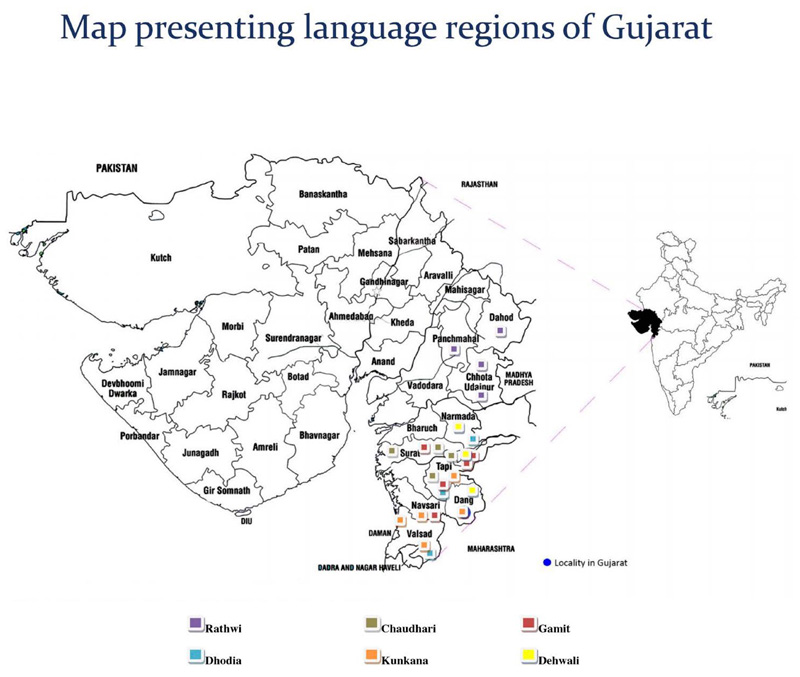
https://indiantribalheritage.org/?page_id=24973
Full screen viewing link: https://archive.org/details/GothAdivasiStoriesfromGujarat
Find publications by reputed authors (add “open access” for freely downloadable content)
Book reviews and discussions on tribal culture
Search Indian English language periodicals and internet portals
Suggested keywords: “Adivasi book”, “tribal publication” or any any other combination that suits your query
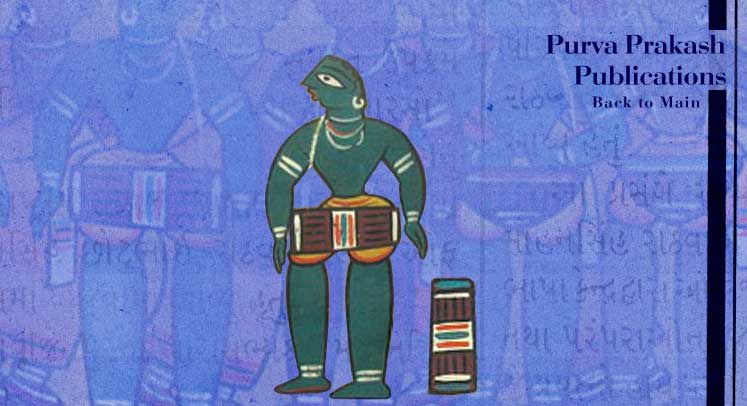
Learn more >>
Read or download titles for free (eBooks & Magazine) >>
Suggested reading with additional information on this website
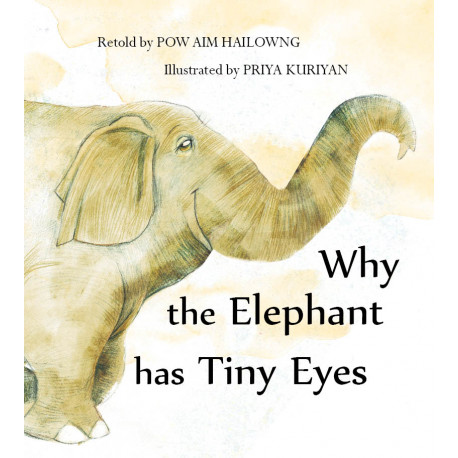
by Pow Aim Hailowng & Priya Kuriyan
in 8 Indian languages and English >>
Learn more about tribal culture & Tulika books >>
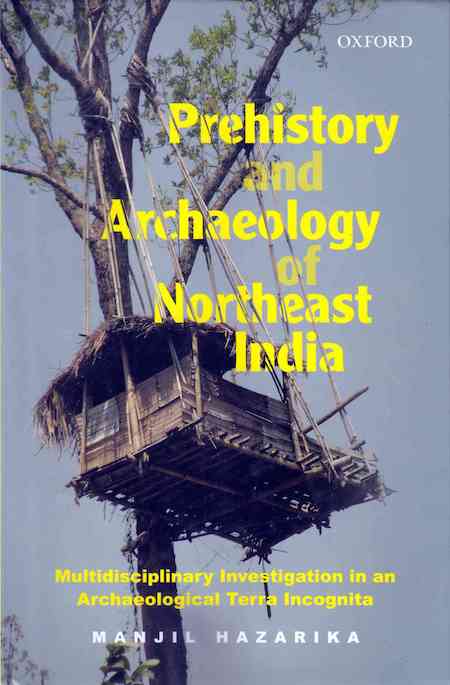
Review on Scroll.in >>
Marginalised but not Defeated by Tarun Kanti Bose (a seasoned public interest journalist) reviewed by Amit Sengupta:
The book travels across the Hindi hinterland, onwards to the west, Gujarat and Maharashtra, then to the East, Bengal, Bihar and Jharkhand, and covers the various tribal regions in the remote and sublime landscape of North-east India. It talks about the Khasis, Nagas, Karbis, Garos, Rabhas, Misings, Daflas, Bodos, Akas and others in the North-east. It enters the invisible lives of the Santhals, Mundas, Hos, Kharias, Paherias, Oraons, Mundas, Bhils, Gonds, Kols, Koyas, Todas, Banjaras, etc in the Central Provinces, in Dandakaranya and Jharkhand, among the 550 tribal communities in India.
Read the full book review: Marginalised but not Defeated by Tarun Kanti Bose, Uppal Publishing House, 2023 (277 pages, Rs. 1,295) on https://countercurrents.org/2023/05/book-review-marginalised-but-not-defeated >>
The book documents the hard and difficult struggle to implement the Forest Rights Act, how the oppressed adivasis have united into forest unions, how they are now entering into new thresholds of protracted struggles and victories in a non-violent manner. The mainstream development paradigm is being questioned and new rainbows of collective, community reassertions are happening across the tribal belt in India. More so, in most cases, led by brave, empowered and resilient women.
That is why the name of the book: Marginalised but not Defeated. A must for all young journalists, social science students, editors, civil society groups and the academia.
Irish Journal of Anthropology: Special issue on Adivasi identity
Read or download the full issue | Learn more >>
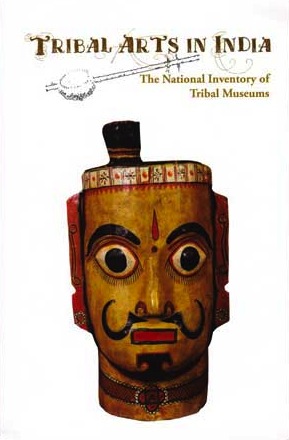
Tribal Arts in India: The National Inventory of Tribal Museums. Foreword by GN Devy (Project Director, Bhasha Research and Publication Center). Vadodara: Purva Prakash Publications, 2012. ISBN 9788192240558, Rs. 1400 | More information >>
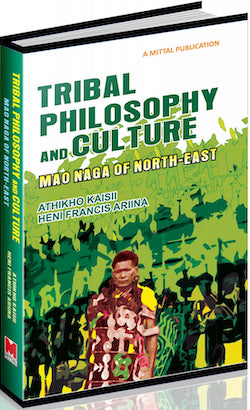
Emerging globalized world is partly responsible for undervaluing the philosophy and traditions of the traditional community. […] Tribal Philosophy and Culture: Mao Naga of North-East seeks to emphasize the vitality of cultural practices and traditions to face the onslaught of this phenomenon. Mittal Publications, Rs. 750.00 | More information >>

Indigenous Peoples: Responding to Human Ecology by Lachman Khubchandani. Central Institute of Indian Languages & Bhasha Research & Publication Centre, 2009. | More information >>

A Rogue and Peasant Slave by Shashank Kela “fills a gaping hole in the literature on adivasis by examining the effect of changing economies and political structures on the culture and lives of the adivasis.” | Book review by Stan Thekaekara >>

Tribal Dances of India. Foreword by Pt. Birju Maharaj. New Delhi: Discovery Publishing House | Find a library copy on WorldCat.org >>
Adivasis legal provisions, languages, locations : a reference document for the status of adivasis and denotified & nomadic jatis in India. Vadodara : Adivasi Academy and Bhasha Research & Publications Centre, 2004. Rs. 250 | More information >>
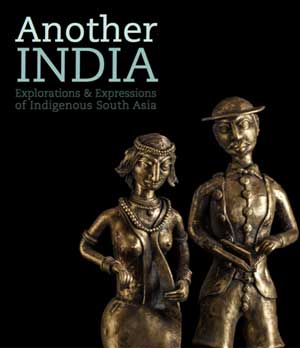
Foreword by Nicholas Thomas, Afterword by
Ruby Hembrom >>
Another India: Explorations and Expressions of Indigenous South Asia
Exhibition Catalogue: 136pp; Full Colour; ISBN 978-0-947595-24-1 | Learn more (UK)
“Over one hundred artefacts, paintings and photographs from the collections of MAA [Museum of Archaeology and Anthropology, University of Cambridge], many of which have never been exhibited before […] complemented by artworks by contemporary artists from the communities represented, commissioned with support from the Art Fund. Written by Mark Elliott, Senior Curator (Anthropology), Museum of Archaeology and Anthropology in Cambridge. | Find a copy in a library near you on worldcat.org >>
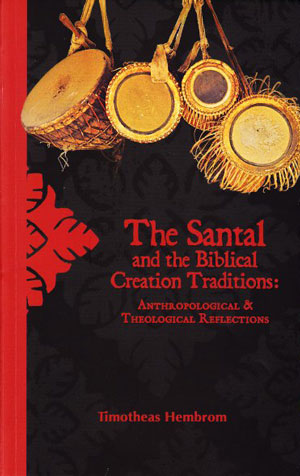
Timotheas Hembrom | Adivaani >>
“The reason we want to publish in English because we want other people to read us and know about us. Even though Adivasi writing has been published in indigenous languages, the reach is very limited.” – Ruby Hembrom on the need for establishing a publishing house for Indian indigenous literature | Learn more >>

“Aparna Vaidik’s [book] My Son’s Inheritance goes deeper into Indian history and culture, and shows that instead of being a recent phenomenon, violence, physical and psychic, has been endemic to the Indian socio-polity since ages. […] Vaidik locates this violence in communal enmities between the Hindus and the minorities, particularly Muslims, which often validates itself as retributive justice. Deep psychic violence also operated, the author reminds us, among Hindus themselves. Many Indian Muslims and Christians, we are asked to remember, were Hindus of the lower castes, or ‘non-Aryan’ tribals, who converted out of Hinduism because of the torture of untouchability and ostracisation.” – Book review by Suparna Banerjee >>
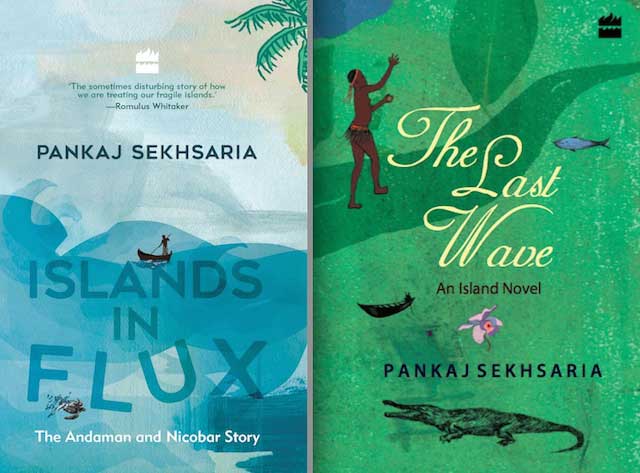
Books on the Andaman and Nicobar Islands by Pankaj Sekhsaria:
1) Islands in Flux – the Andaman and Nicobar Story (2017)
2) The Last Wave – An Island Novel (2014)
3) The Jarawa Tribal Reserve Dossier (2010)
More information >>
A 10-book series in Odia and the languages used by four tribal communities in Odisha (Kui, Saura, Munda and Juanga), in the Odia script. “They are the first-ever books for the reading pleasure of children in these languages” | More information >>
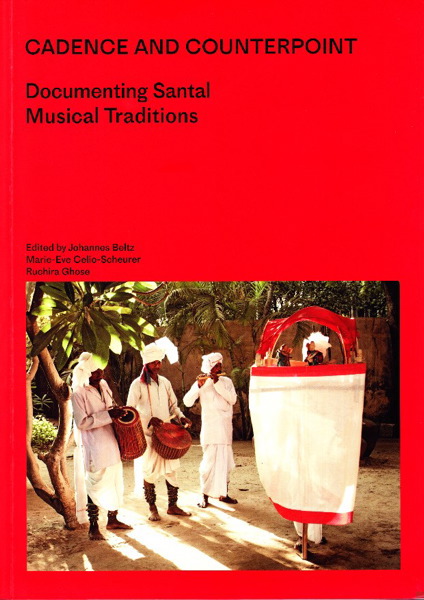
Cadence and Counterpoint, Documenting Santal Musical Traditions by Johannes Beltz, Ruchira Ghose and Maria-Eve Celio-Scheurer (eds.). Niyogi Books, New Delhi 2015. ISBN 978-93-83098-92-7. Rs. 1595 | More information >>
Santal Music: A Study in Pattern and Process of Cultural Persistence
by Onkar Prasad. Tribal Studies of India Series T115. New Delhi: Inter-India Publications | More information >>
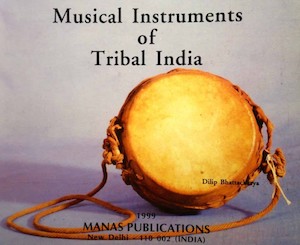
Musical Instruments of Tribal India by Dilip Bhattacharya. New Delhi: Manas Publications 1999. ISBN 8170490928. Rs. 2995 | Find a library copy on WorldCat.org >>
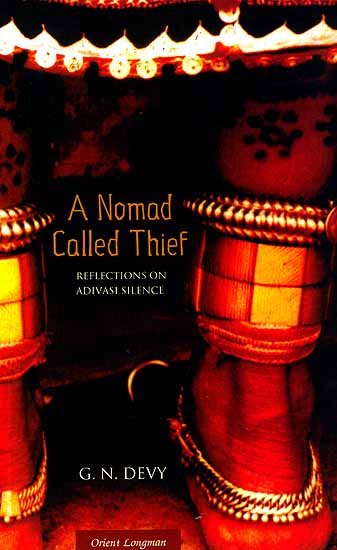
GN Devy >>
A Nomad Called Thief: Reflections on Adivasi Silence and Voice by GN Devy
Orient Blackswan, 2006, 199 pages. ISBN 978-81-250-3021-8 | Find a library copy on WorldCat.org >>
Voices from the Periphery: Subalternity and Empowerment in India by Marine Carrin and Lidia Guzy (eds.). New Delhi: Routledge India, 2012. | More information | Find a library copy on WorldCat.org >>

The Book of Nature by Ruskin Bond (cover for the 2004 ed.). Penguin Books India >>
“This collection brings together the best of his writing on the natural world, not just in the Himalayan foothills”
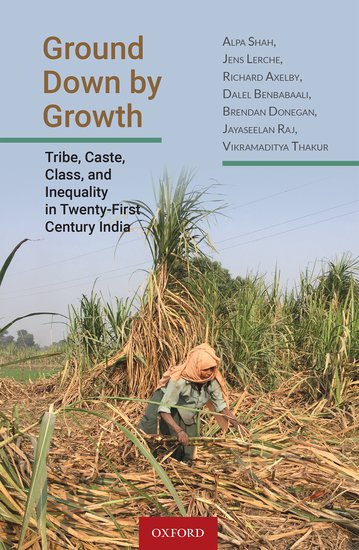
Performing Identities: Celebrating Indigeneity in the Arts
by Geoffrey V. Davis, G. N. Devy, K. K. Chakravarty. Routledge India, 2014. ISBN 9781138795990. More information | Find a library copy on WorldCat.org >>
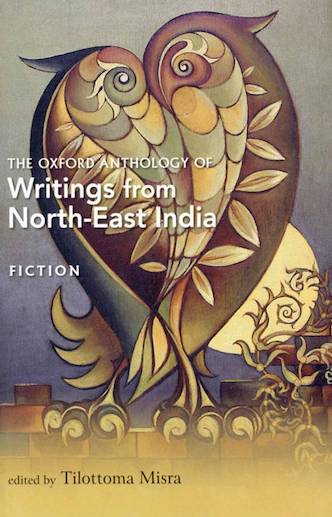
Writings from North-East India by Tilottama Misra (ed.). New Delhi: Oxford University Press, 2011. More information | Find a library copy on WorldCat.org >>
Celebrating Life: The Santal Experiment in Freedom. Ten Years of a Non-Formal Santal School (1996-2006) by Boro Baski and Kumkum Bhattacharya (eds.). Sattore: Ghosaldanga Bishnubati Adibasi Trust, 2007. Rs. 100. More information >>
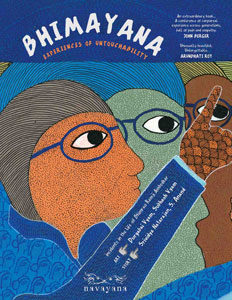
Bhimayana: Experiences of Untouchability, “a must-read for every child and adult in the nation and a must-include in every school’s curriculum” – The Hindu Literary Review | Order details: navayana.org | Find a library copy on WorldCat.org | Learn more >>

